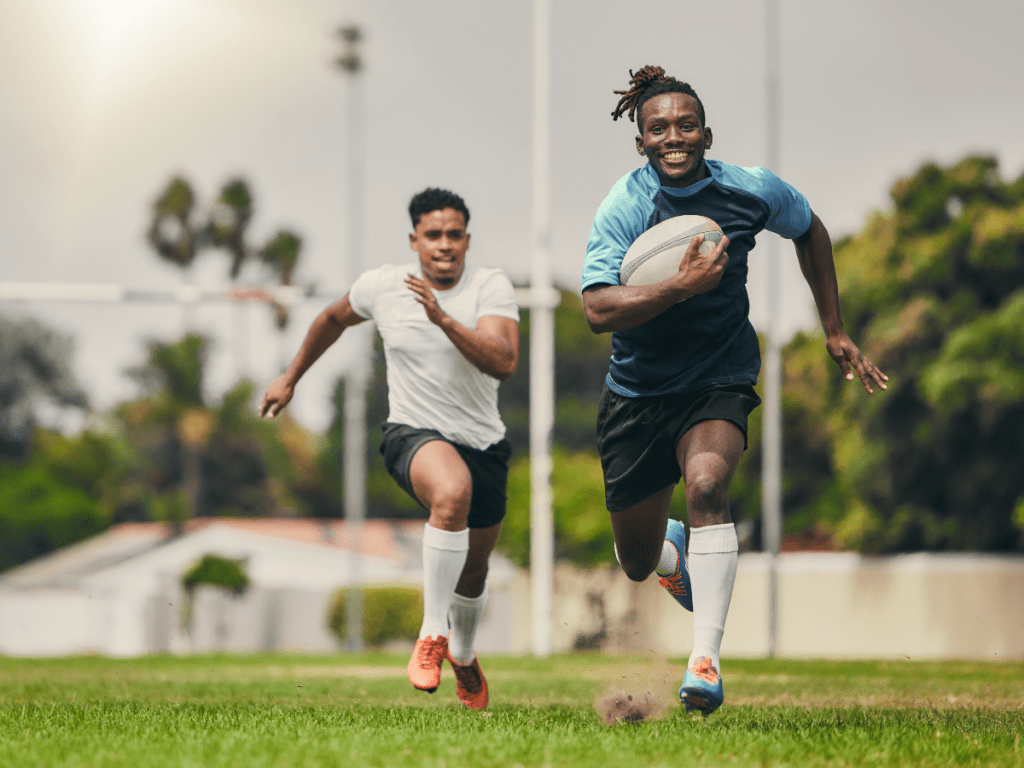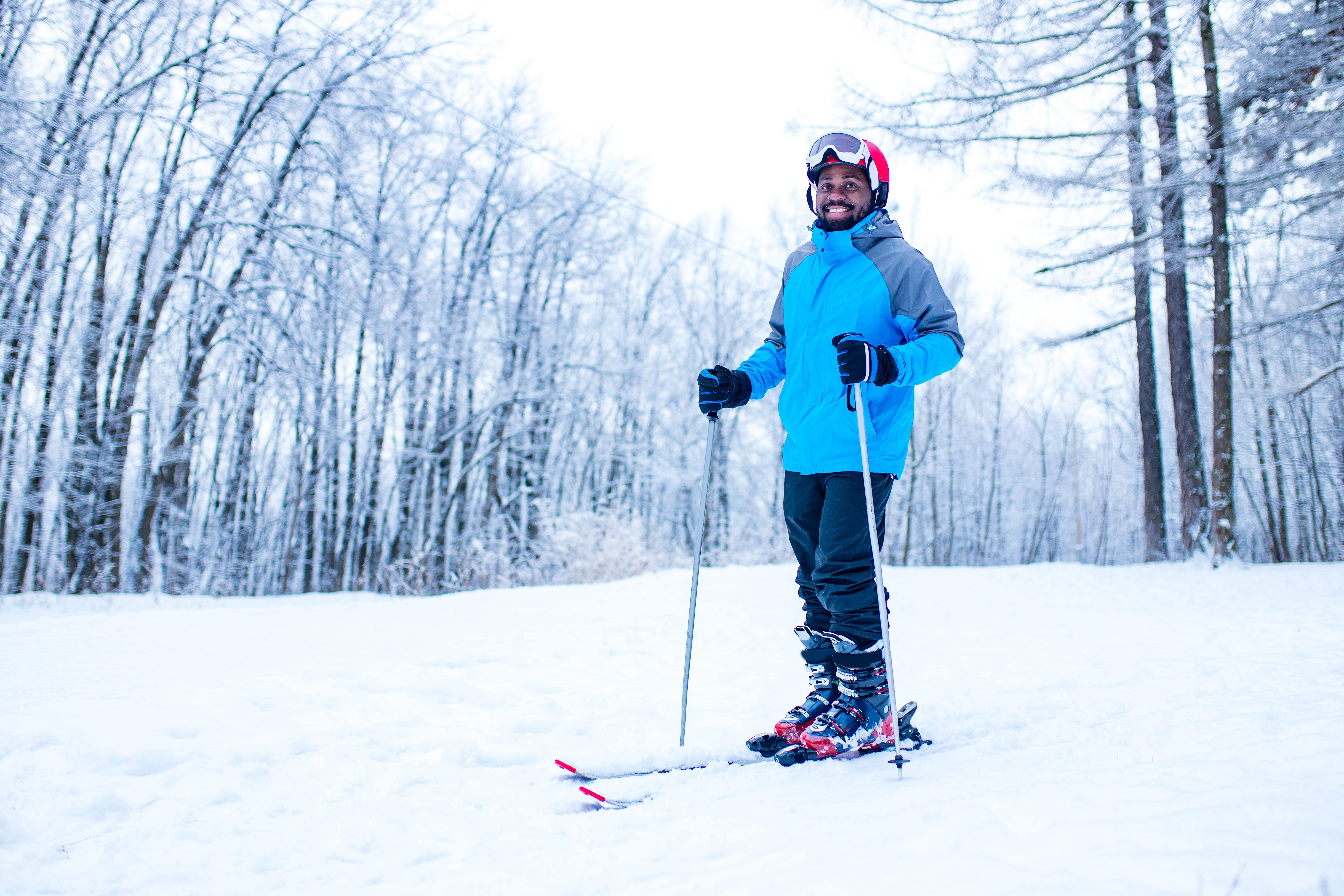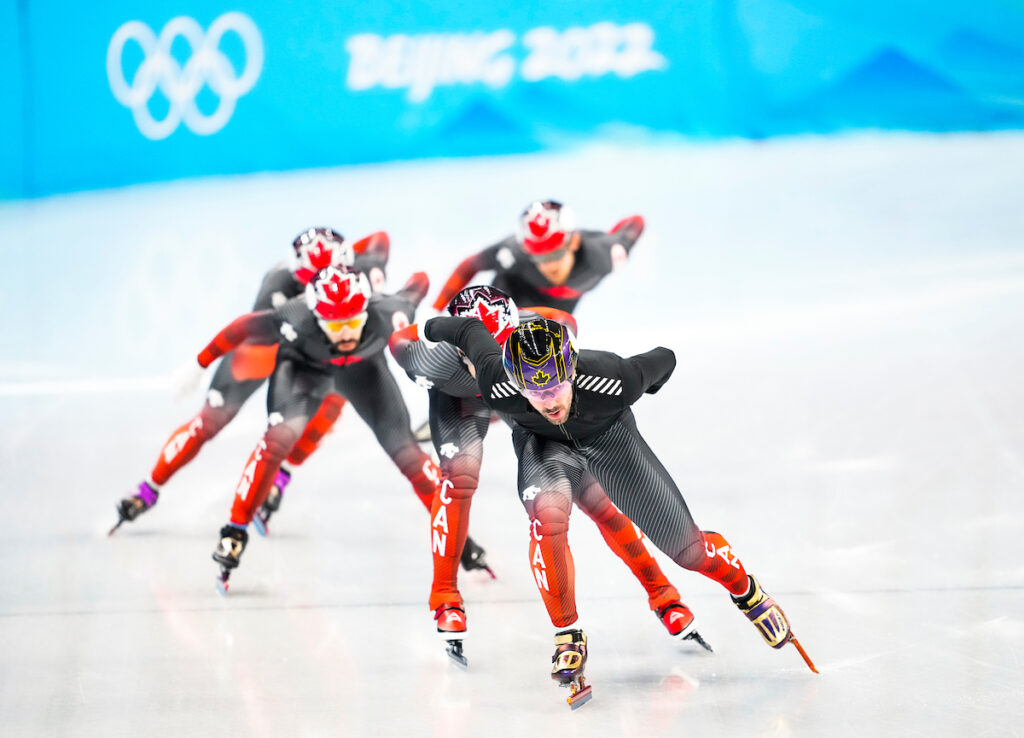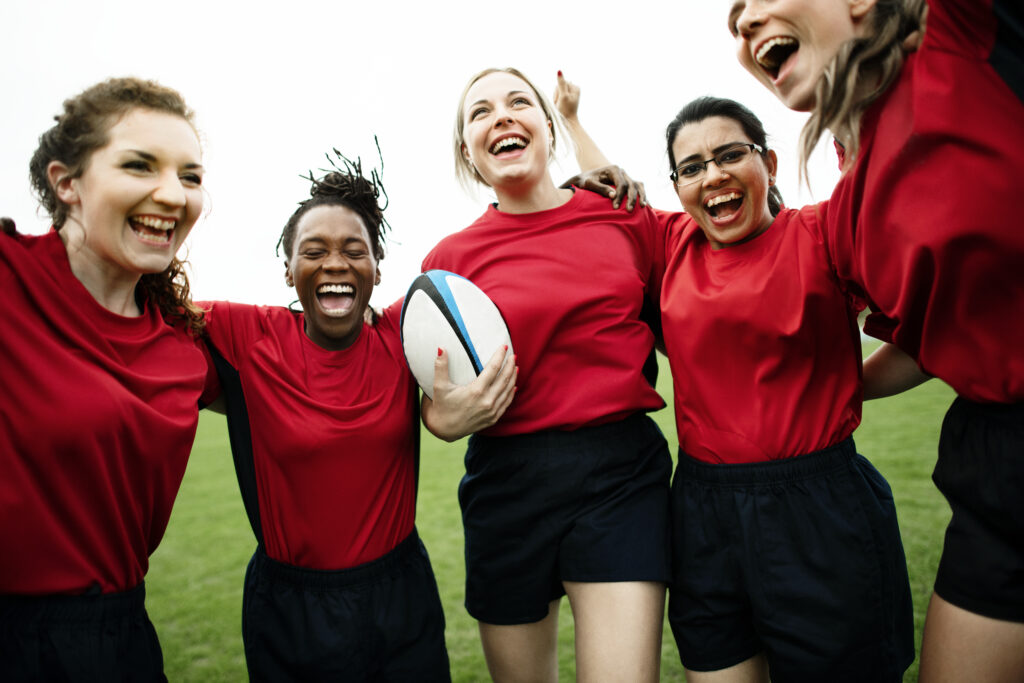The implementation of a sport-based, trauma-sensitive, youth development program in a national community organization

Project summary Community organizations can adopt sport-based, trauma-sensitive, youth development programming to support underserved youth who face high risk of traumatic exposure. These programs involve leaders who create safe environments, recognize and respond to youth’s trauma-related distress, and promote youth’s healing and resilience-building. In partnership with BGC Canada, a national non-profit community organization that serves…
Earth Day in the sport sector
Tomorrow is Earth Day and the sport sector has a role in protecting our environment and embracing sustainability. The Canadian Olympic Committee has compiled a list of “Team Canada Climate Action Resources” that showcases how Team Canada is doing its part to protect the planet.
Volunteering in Sport and Recreation
This week is National Volunteer Week. Volunteers play a important role in the day-to-day operations for many community and non-profit organizations. Research shows that over 25% of Canadian adults volunteer in a sport-related capacity. Volunteers aid in the delivery systems for sport, recreation and physical activity programming at all levels. The contribution of volunteers helps…
Opening the “Black Box”: Exploring board decision making in non-profit sport organizations operating in a multi-level governance system

Project summary A central group responsible for the effective governance of non-profit sport organizations (NPSOs) and systems is the board of directors (Board). This group has the formal power and authority within an organization for which a central activity is to make decisions. Despite the need for decisions to be made, knowledge on this central…
All aboard: How to successfully onboard incoming athletes

From the sports field to the boardroom, groups are everywhere! Think back to a time when you were joining a new group. Did you feel uncertain or nervous? Did you know what was expected of you in your new role? These feelings are quite common and completely normal for athletes as they transition into new…
Military sport programs
Sport programs have great potential to support the healing and recovery of injured and ill military personnel and their families. In fact, military personnel and their families alike benefit when sport programs recognize, appreciate and cultivate a sense of belonging for military families. Here are some tips to integrate military families into sport programs, which…
Immigration, integration, and intersectoral partnership: A critical examination of introductory winter sport programmes for newcomers to Canada

View the summary of this research here. Project summary The objectives of this project were threefold: This project was based in Calgary, Alberta, Canada. I co-designed the WNP with intersectoral community partners from WinSport (a community-based sport facility) and Center for Newcomers and Calgary Immigrant Women’s Association (two Calgary-based settlement services organizations). Our aim was…
Taking a person-first approach to high performance sport in Canada

Highlights Over the course of 2022, athletes and supporters have consistently raised concerns about maltreatment and lack of transparency in the Canadian sport sector In this SIRCuit article, Teddy Katz explores athlete concerns, as well as changes being made within Canadian sport to move towards a “person-first” system Katz spoke to Olympians, mental health experts…
Using life skills to promote social justice: Youth sport as a vehicle for social change

As youth sport researchers, we seek to understand how youth develop and transfer life skills. In recent years, cultural issues have urged us to evolve our understanding of life skills. For instance, the Black Lives Matter and #MeToo movements continue to raise awareness of inequities within sport and beyond. Additionally, the climate change movement has…
Mobilizing knowledge into action: Exploring sport administrators’ and parents’ perceptions of the quality of youth sport programs
Introduction and context Although young athletes represent the users of youth sports programs, parents are intricately involved in the decision-making process related to their children’s enrollment and registration in such programs. As such, sport administrators must grasp the elements that shape parents’ views on the quality of youth sport program design, their utilization of youth…